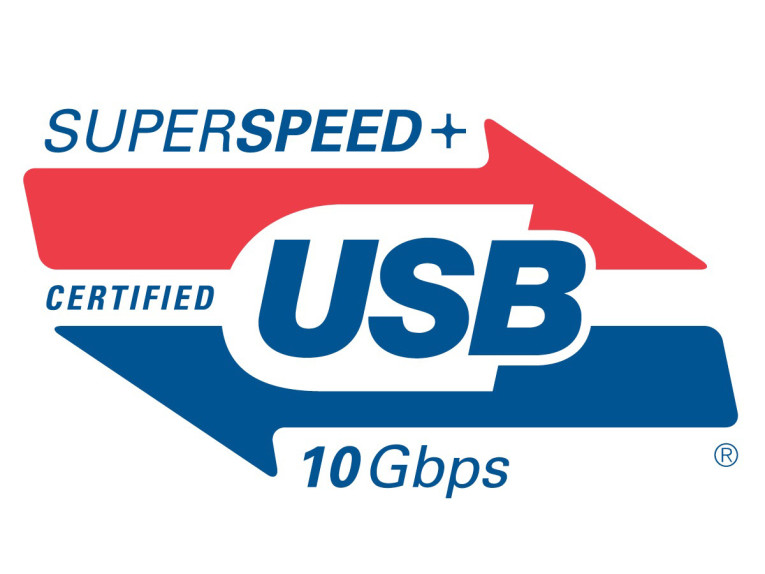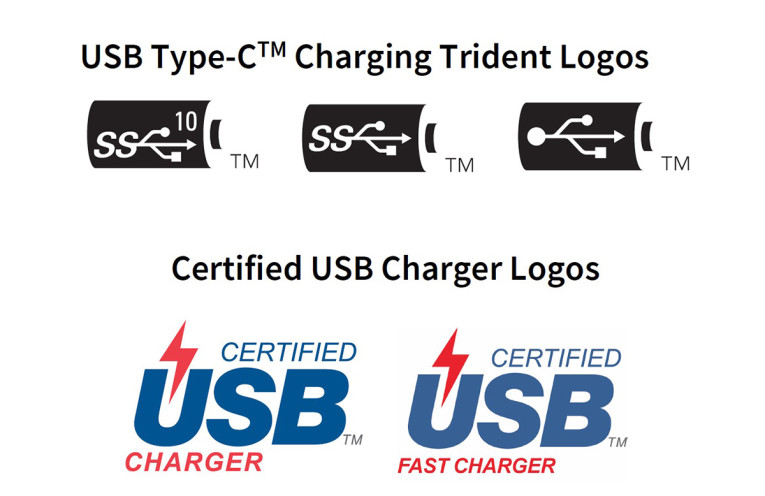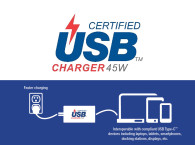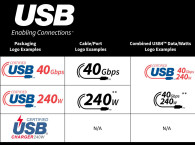
USB Type-C Authentication empowers host systems to protect against non-compliant USB chargers and to mitigate risks from malicious firmware/hardware in USB devices attempting to exploit a USB connection. Using this protocol, host systems can confirm the authenticity of a USB device, USB cable or USB charger, including such product aspects as the capabilities and certification status. All of this happens right at the moment a connection is made – before inappropriate power or data can be transferred.
“USB-IF is excited to launch the USB Type-C Authentication Program, providing OEMs with the flexibility to implement a security framework that best fits their specific product requirements,” says USB-IF President and COO Jeff Ravencraft. “As the USB Type-C ecosystem continues to grow, companies can further provide the security that consumers have come to expect from certified USB devices.”
Utah-based DigiCert, a leading provider of TLS/SSL, PKI and IoT security solutions, has been selected by the USB-IF to operate registration and certificate authority services for the USB Type-C Authentication specification. Using cryptographic-based authentication, the optional security protocol is designed to further strengthen USB Type-C’s position as the global standard for connecting and charging devices.
USB Type-C Authentication gives OEMs the opportunity to use certificates that enable host systems to confirm the authenticity of a USB device or USB charger, including such product aspects as the descriptors, capabilities and certification status. This protects against potential damage from non-compliant USB chargers and the risks from maliciously embedded hardware or software in devices attempting to exploit a USB connection.

Key characteristics of the USB Type-C Authentication solution include:
- A standard protocol for authenticating certified USB Type-C chargers, devices, cables and power sources
- Support for authenticating over either USB data bus or USB Power Delivery communications channels
- Products that use the authentication protocol retain control over the security policies to be implemented and enforced
- Relies on 128-bit security for all cryptographic methods
- Specification references existing internationally-accepted cryptographic methods for certificate format, digital signing, hash and random number generation
"USB Type-C adoption continues to grow and the interface is quickly establishing itself as the solution of choice for connecting and charging an endless variety of devices,” adds Jeff Ravencraft. “USB-IF is eager to work with DigiCert to manage our certificate authority for USB Type-C Authentication, which will further support the USB ecosystem.”
“DigiCert is excited about being chosen to provide PKI services for the USB-IF, and the opportunity to advance secure authentication for the USB Type-C Authentication specification,” sated Deepika Chauhan, executive vice president of emerging markets at DigiCert. “DigiCert looks forward to working with the more than 1,000 member companies of the USB-IF and the industry as a whole.”
DigiCert has proven to be the provider of choice for IoT device consortiums implementing certificate-based security programs. In addition to USB-IF, DigiCert is also in use by the WiMAX Forum, CI Plus, GSMA, WinnForum/CBRS, the Open Connectivity Foundation and AeroMACS. DigiCert’s scalability has stood the test of time, having already issued billions of certificates globally for IoT devices.
www.usb.org






